Following the establishment of the Commission for Peace and Understanding, a body tasked with deliberating, discussing, and proposing solutions to the historic conflict between the Chilean State and the Mapuche People through the work of its eight members, various reactions have emerged from mayors of communes within the Southern Macrozone, as well as from representatives of the forestry industry.
The shared sentiment among these reactions is hope for finding pertinent solutions. However, the consulted authorities remain cautious, noting that the reality the Commission for Peace will face is harsh, particularly due to the ongoing tension in the area and the long-standing sense of abandonment by the State.
“The State must take responsibility for the abandonment”
The mayor of Lebu and president of the Association of Municipalities of the Arauco Province (Arauco 7), Christian Peña, commented on the establishment of the Commission, stating, “Any effort to seek a solution or address the challenges faced by the Southern Macrozone, the Arauco Province, and La Araucanía in the Mapuche-State relationship—where the State has failed to act for decades—is undoubtedly a step forward.”
Peña expressed hope for fruitful dialogue through the newly formed commission, emphasizing that they have always maintained that the best way to address the situation is not solely through force but through a comprehensive approach.
“There must be a component of conversation with the Mapuche People to address their demands and needs (…) which are deeply felt and widespread, concerning not only the Mapuche People but also the territory that has long felt abandoned by the State,” said the mayor of Lebu.
Although he noted that the news has not yet been discussed collectively with all the mayors of Arauco 7, he stated that the initiative has always been viewed positively. While greater security and efficiency in prosecuting crimes are still needed, attention must be given to the communities—listening to them and advancing solutions. “Now there is much more hope that this will yield results. Today, we see in the country and the territory a willingness for dialogue, mutual understanding, and seeking a solution.”
Representatives of the forestry industry
One of the economic sectors particularly affected by the situation is undoubtedly the forestry industry. In this regard, René Muñoz, manager of the Association of Forestry Contractors, said about the Peace Commission, “We believe what is happening is highly commendable because there is indeed a long-standing problem. So, we think the Government’s initiative is moving in the right direction.”
However, he added, “We have two concerns, two aspects that could lead the Commission to fail. For example, they speak of ancestral lands, and we believe this concept is too broad, which could expand into the Commission’s failure. On the other hand, we believe this should be a definitive Commission, in terms of stating, ‘These are the registered lands belonging to the communities,’ and that’s it. We cannot indefinitely prolong a problem that has persisted for so long.”
Meanwhile, Victoria Saud, General Manager of the Chilean Wood Corporation, said, “We are pleased to have accompanied the members of the commission yesterday at La Moneda, which, as its name suggests, will seek peace and understanding through dialogue and active listening to propose concrete and diverse reparation mechanisms.”
Saud emphasized the need to look beyond land demands to achieve medium- and long-term solutions regarding recognition and reparation for Mapuche communities, “which should be framed in a way that garners agreement among various sectors of society and, therefore, does not become a source of conflict, enabling the peace so desperately needed by the inhabitants of the Biobío, La Araucanía, Los Ríos, and Los Lagos regions.”
The General Manager of Corma also stated that, as part of the Wood Guild, they are available and committed to supporting the commissioners’ work. Like René Muñoz, she hopes the Commission will “advance toward a definitive solution within a limited timeframe, where it can define and narrow the demands, enabling a State solution through an institutional, broad, and cross-cutting approach.”
The reality the Commission will face
The municipal authority and forestry industry representatives explained that the reality the Commission for Peace and Understanding will work under is harsh and tense, requiring precise steps.
The mayor of Lebu, Christian Peña, explained that first, trust must be earned with the communities. “For centuries, the State has failed to achieve absolute understanding with the communities—it has always been a response of force.”
“We must understand that there are communities, a culture, a people, and when you recognize that, you must also recognize their rights over the territory. It is necessary to begin reparations. (…) Coordinating this will not be easy, nor will implementing it, but I see willingness, and I have great faith in the Commission.”
For his part, René Muñoz noted that because this is a long-standing problem, a prompt solution is needed, as further delays in dialogue efforts are no longer feasible.
He also stated, “The current climate is not easy because there are ten terrorist groups operating in the area, and I don’t know if they will be very happy with this Commission, which will define the boundaries. These groups have built a business around the conflict—for them, territorial claims are no longer a ‘cause’ for struggle; they now have a criminal enterprise.” In light of this, he said expectantly that we will have to wait and see their reactions.
Source:www.diarioconcepcion.cl


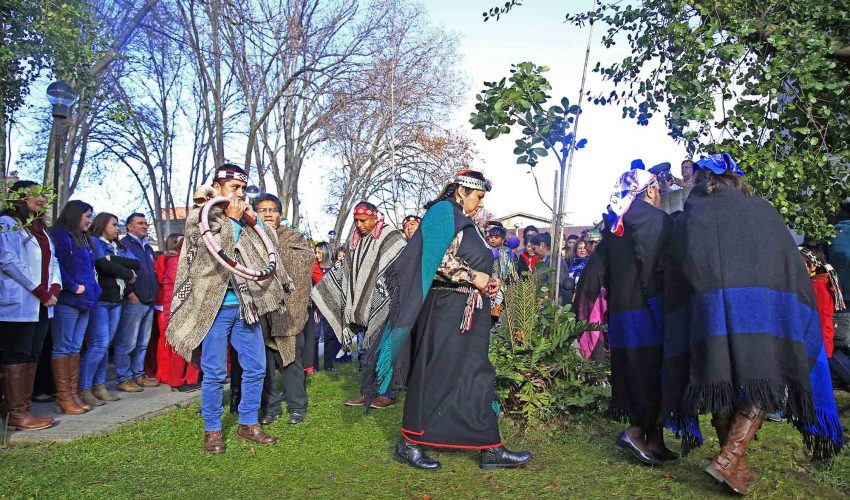
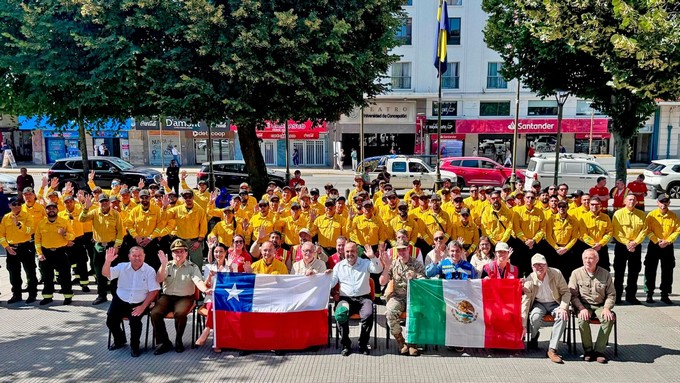
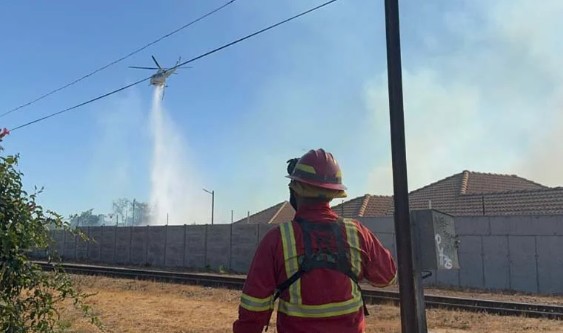
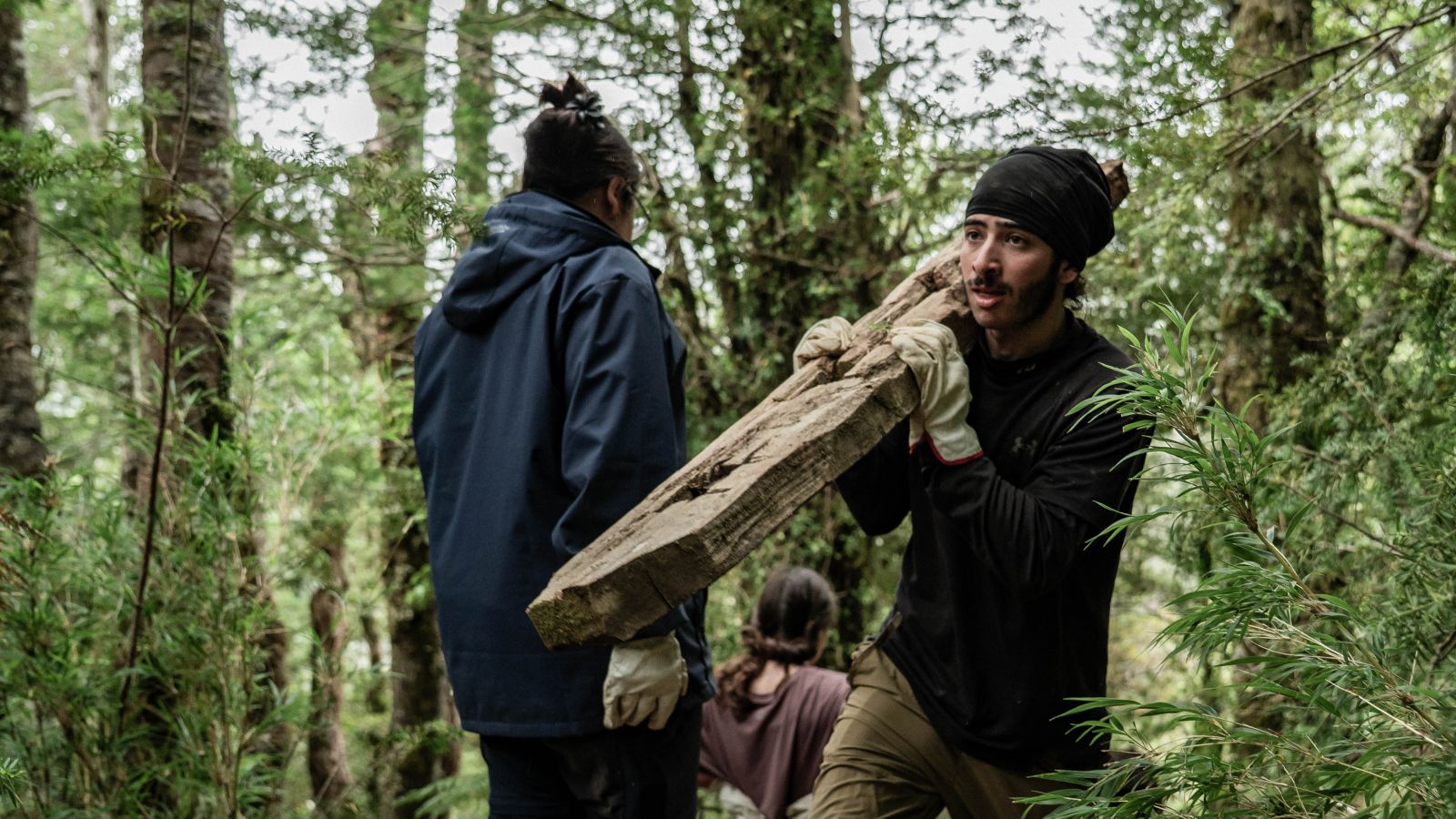
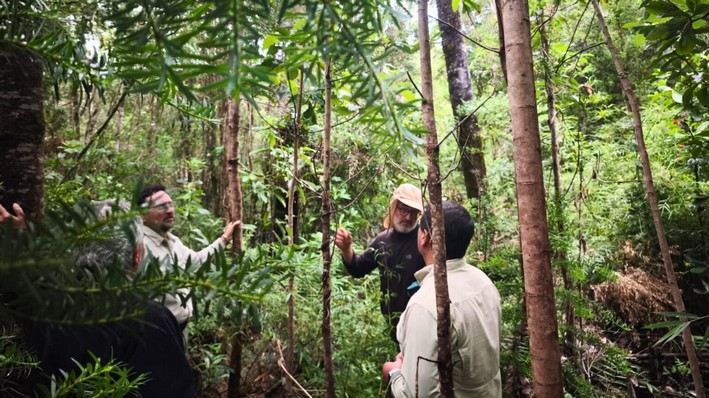
Comments (0)
No comments yet. Be the first to comment!
Leave a comment